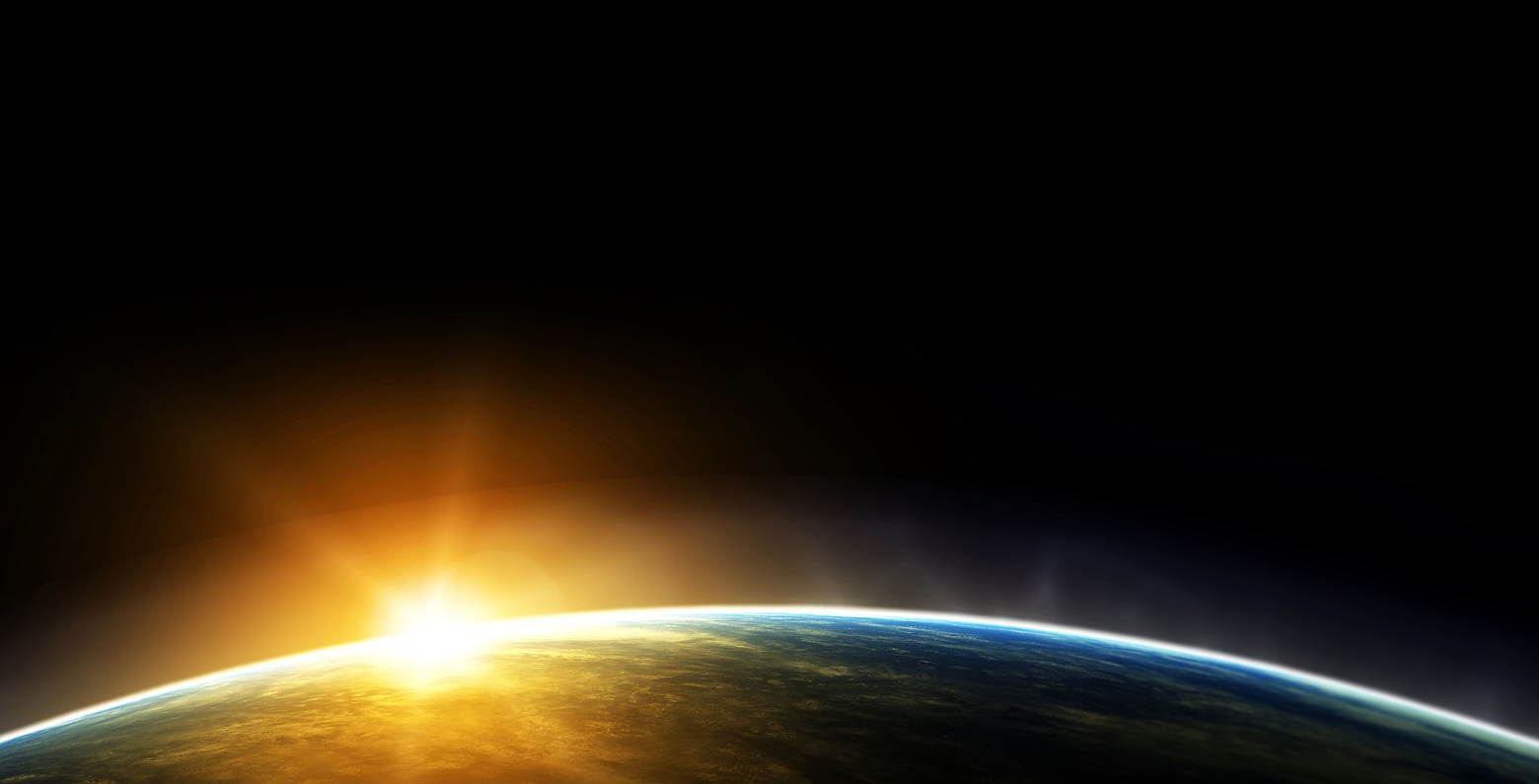My journey with the Quran began in 2014, and over time, I have progressed in understanding it on deeper levels.
The Arabic language is not a simple one, which is precisely why Muhammad chose it to convey a message that spans across all densities and dimensions. Yes, the messages of the Quran come from all levels of existence, yet they are solely directed toward serving the One Creator. However, the issue arises when some people interpret it in a limited way and generalize their understanding as the only truth.
From my long experience with the Quran, I see it as a clear mirror of the self—its struggles, its fears, its openings, and its exits. The Quran brings forth your fears if you are afraid, reveals the conflicts within your soul, and unveils your mercy, love, and inner wisdom—if you know how to strip away all preconceived meanings you have attached to its words and truly explore the deep roots of Arabic vocabulary.
The existing translations of the Quran reflect how Muslims have understood it throughout the ages. Unfortunately, their reading of it has remained largely superficial and materialistic, revealing their limited perspective, bound only to the physical dimension.
To truly grasp the Quran, one must approach it with complete openness, free from biases, and attempt to decode its symbols. It is a book of profound wisdom that encompasses all layers of existence in the universe.
It is difficult to explain this in a single comment or even a post, but when you read the Quran, try—before reading it—to trust it, to ask it for guidance and knowledge. Ask yourself, and even ask the Quran itself, to show you what you need from it.
Do not read it as a book from beginning to end. Each surah holds its own symbolism, lessons, and examples, and each verse contains a unique wisdom.
By saying this, I do not intend to place the Quran above other divine or spiritual books, as every sacred text carries its own mysteries. However, I have personally discovered many profound secrets through it. It has accompanied me throughout my journey, with specific verses arriving at precise moments as clear and timely messages.
For instance, after one of the great visions I experienced, I awoke to find a set of verses guiding me on the next steps I needed to take.
I cannot help but love and respect the Quran, as well as Muhammad and Gabriel, for I have personally witnessed the depth of their message.
Of course, everyone is free to have their own perspective on the Quran. I simply wished to share mine.
With love and respect to all.
